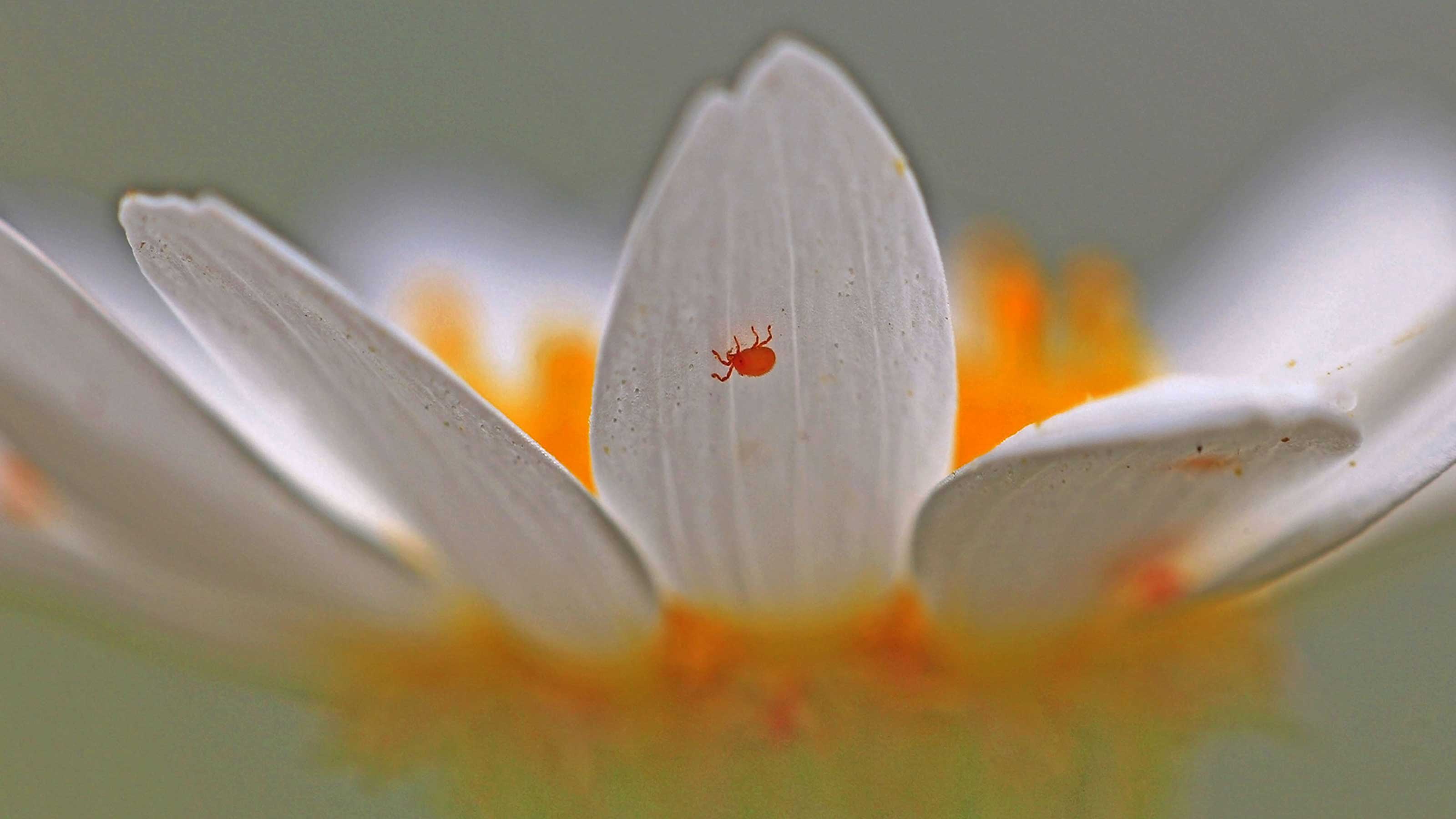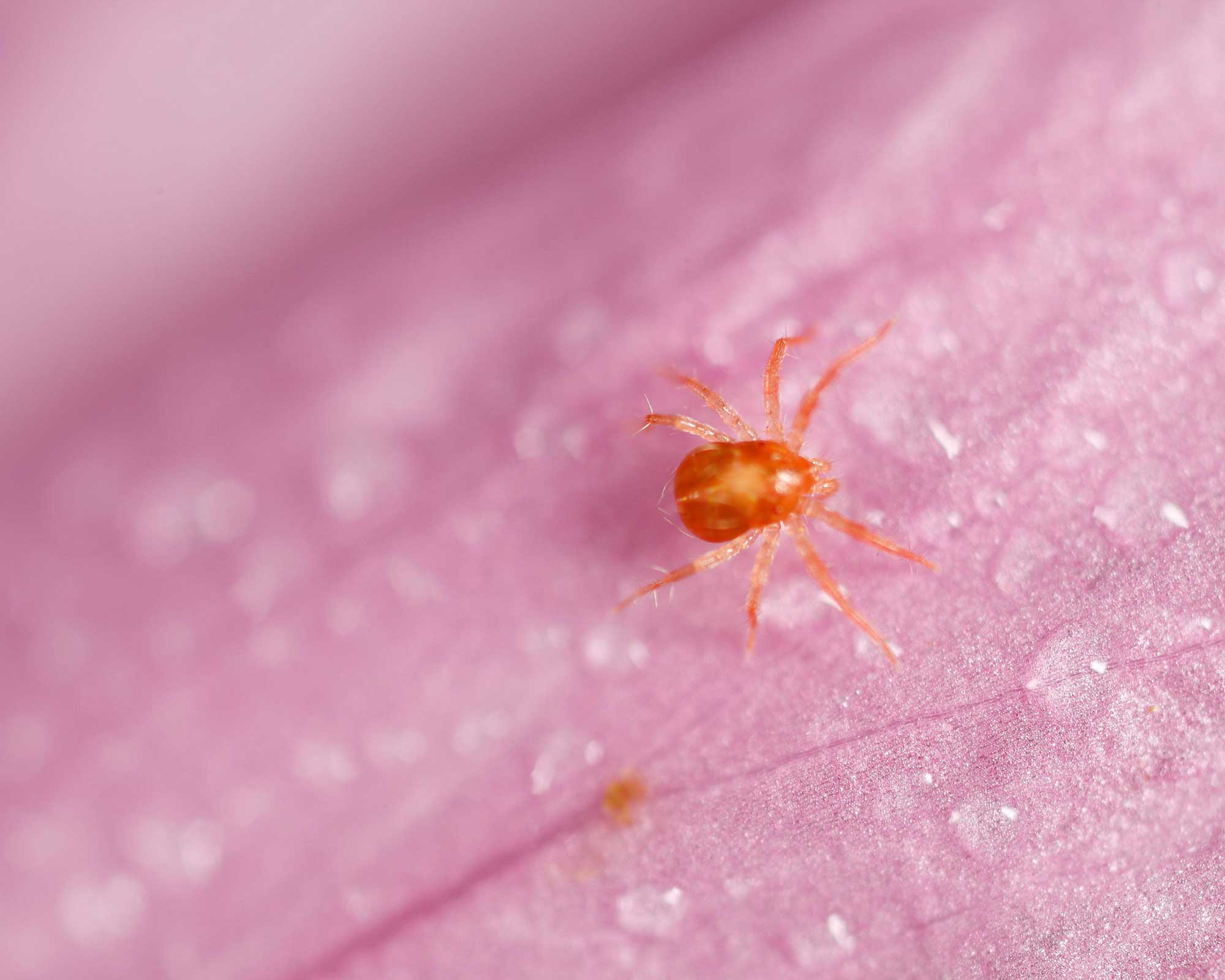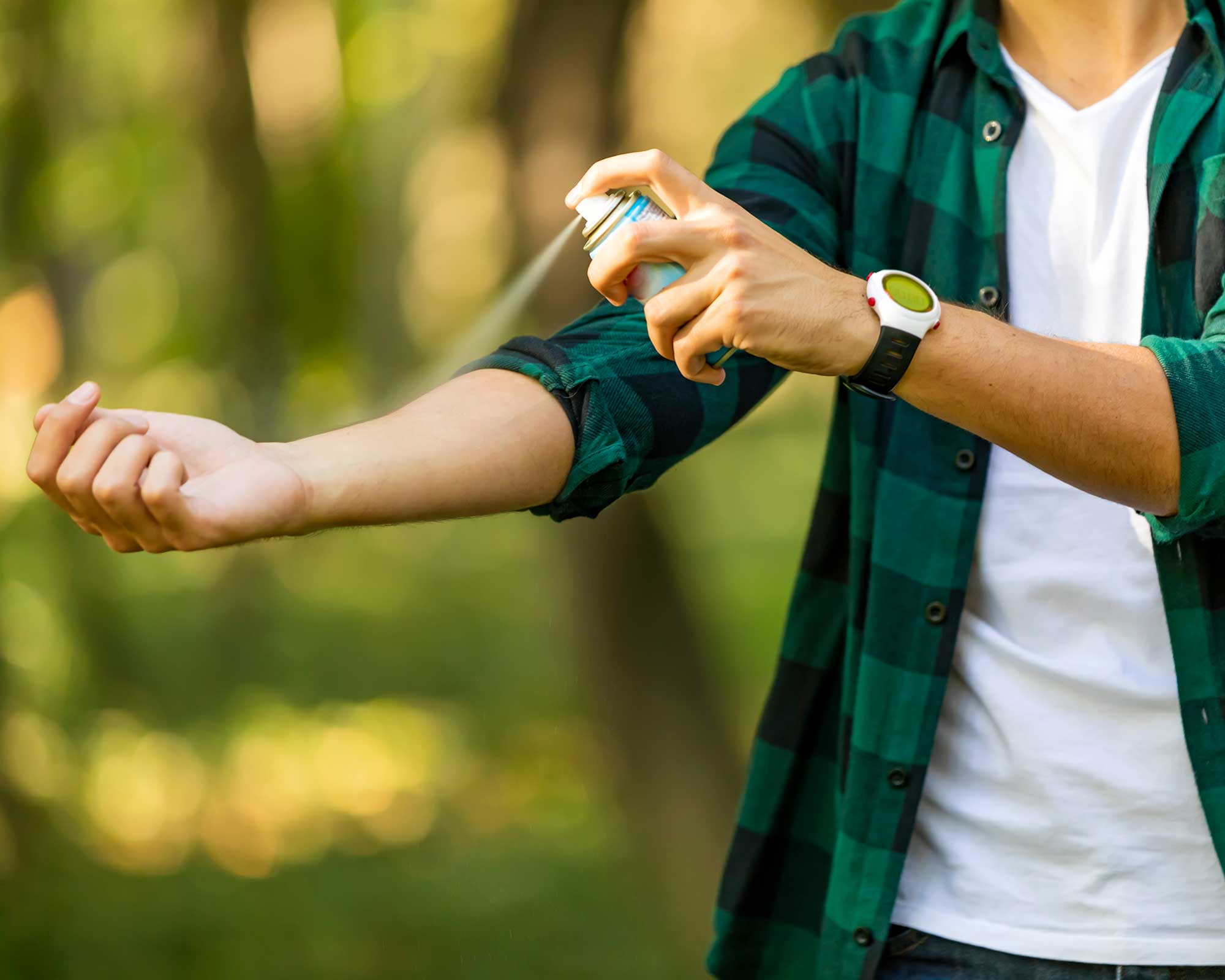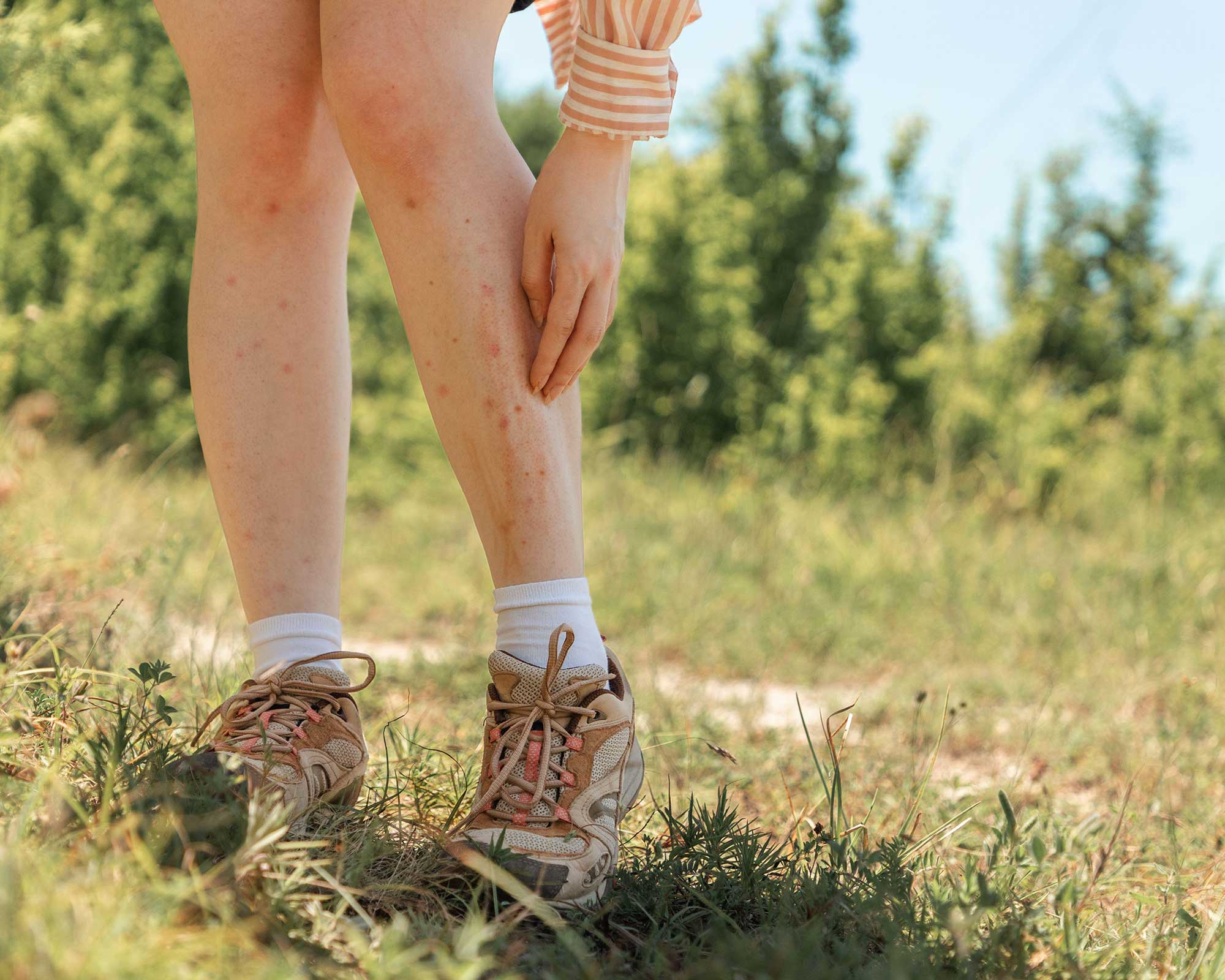How to get rid of chiggers: easy tips to beat the bugs
Learn how to get rid of chiggers and you can avoid these pesky mites and their itchy bites


Learning how to get rid of chiggers, formally known as Trombiculidae and also called harvest mites in the UK, can be useful. These tiny red mites are more commonly found than you might realize and latch themselves onto human skin, causing red and itchy welts.
Alongside other nuisance pests such as wasps or ants, it goes without saying that these bugs are best avoided – whether that's while hiking on your favorite trail or relaxing in your backyard. We've rounded up everything you need to know to reduce the risks.
What are chiggers?
Chiggers are tiny, red insects found in countries all across the world. They are so small that they can be tricky to spot – similarly to spider mites.
The larvae have six legs while the adults have eight. It's the larvae that bite skin – whether human or animal – and doing so turns them yellow. They can remain attached to their 'host' for a number of days before they drop off and mature into adults.
'Adult mites can live for up to a year dependent on species and environment,' says John Stewart from Pest-Stop.

Where do chiggers live?
According to the Missouri Department of Conservation, chiggers dwell in grassy, weedy, moist areas and are most active during temperatures of around 77-86˚F (25-30˚C).
This means they can be a nuisance from spring all the way through to fall, depending on your region. As Healthline explains, they become inactive in temperatures below 60˚F (16˚C), and die at 42˚F (6˚C) or below.

How to get rid of chiggers
As chiggers are so small, it can be difficult to keep them out of a yard. Unlike getting rid of slugs, there aren't as many techniques you can try.
One approach that can help is to make your garden less of a desirable environment for them to reside in. Do this by tidying up overgrown vegetation – this means mowing your lawn, removing weeds, and pruning shrubs where necessary.
Leaf piles, trash, and other debris can also make a tempting habitat for chiggers, so be sure to clear these up, too. Doing so can also help to get rid of squirrels and other slightly larger pests looking for shelter.
There are things you can do to protect yourself from chigger bites. 'If you’re an avid walker and enjoy walking through thick grass, wear high boots, gaiters, and tight woven fabric trousers to prevent them biting,' suggests John. 'Try to stick to trails and well-defined paths.' Applying insect repellent can also help.
Showering after being outdoors can get rid of any that may have latched on, as can washing your clothes. Set the washing machine temperature to 140˚F/60˚C, says John, 'any lower and the chigger larvae will survive washes and continue to cause bites.'
Some studies have shown that natural sprays can help keep chiggers away, John adds. 'Try ones that have oils made from citronella, tea tree, jojoba, eucalyptus, geranium, or lemon grass.'

How should you treat a chigger bite?
By learning how to get rid of chiggers, you're less likely to be the victim of these little mites. But if you get caught out, don't panic – although annoying, the bites are seldom dangerous.
Although it's unlikely you'll notice chiggers actually biting you, the resulting red bumps are intensely itchy and can stick around for up to three weeks. These often appear in clusters around areas such as the ankles, armpits, or behind the knees.
Fortunately, chiggers usually don't spread diseases, which makes them less potentially harmful than mosquitoes. However, there are still things you can do to treat the bites.
If you think you've been bitten, Healthline suggests washing the area as soon as possible with soapy water, before applying an antiseptic to any visible welts. Resist the urge to scratch – apply ice, instead, which will help to soothe the skin. You can also try chigger bite itch relief products, available on Amazon.
If signs of infection occur, seek medical advice.


The garden was always a big part of Holly's life growing up, as was the surrounding New Forest where she lived. Her appreciation for the great outdoors has only grown since then. She's been an allotment keeper, a professional gardener, and a botanical illustrator – plants are her passion.
